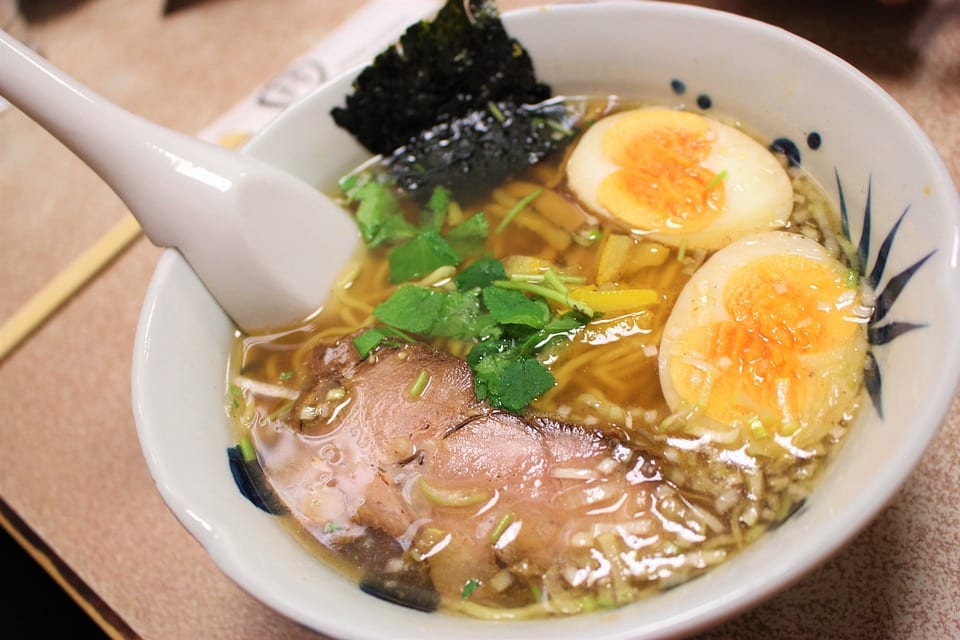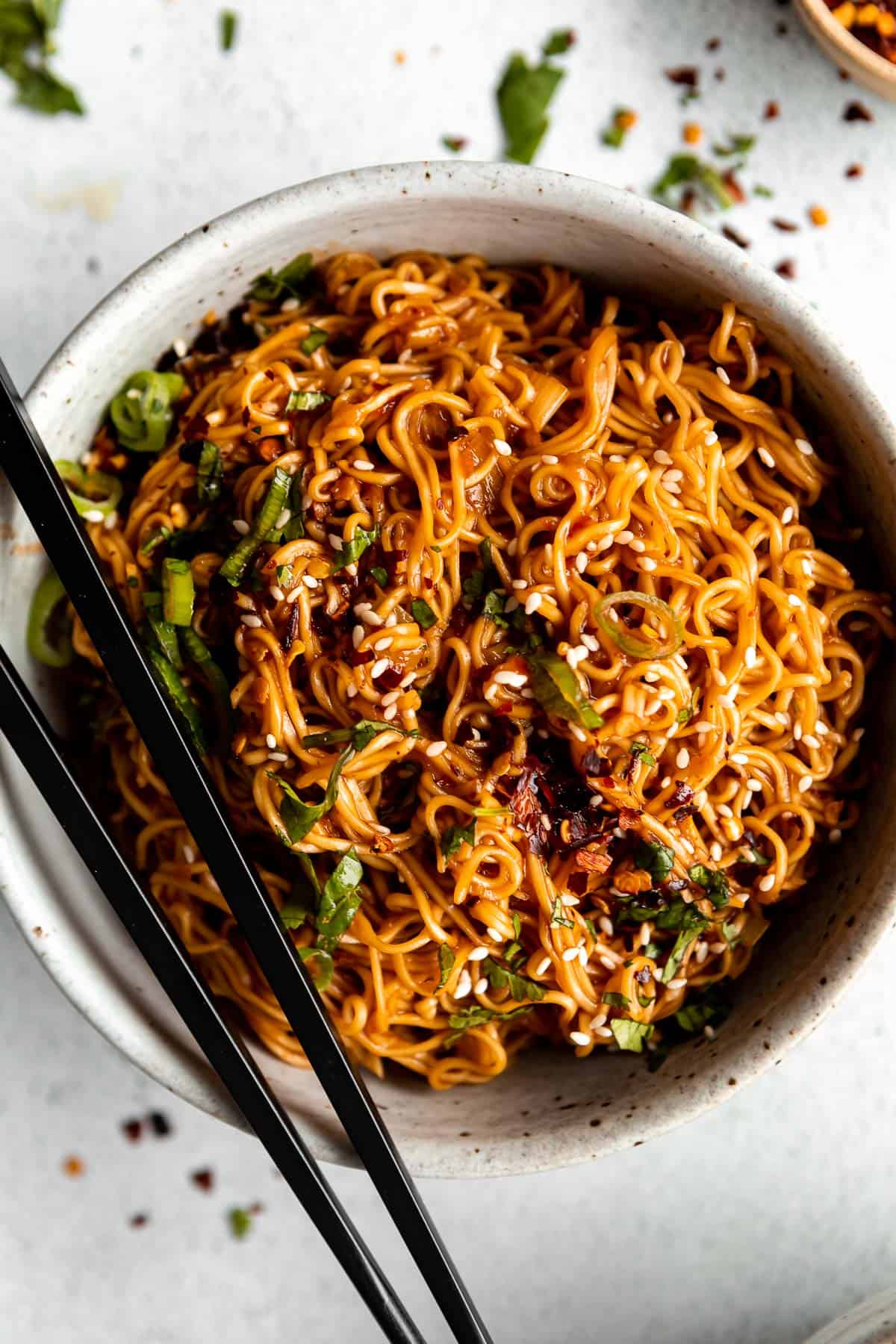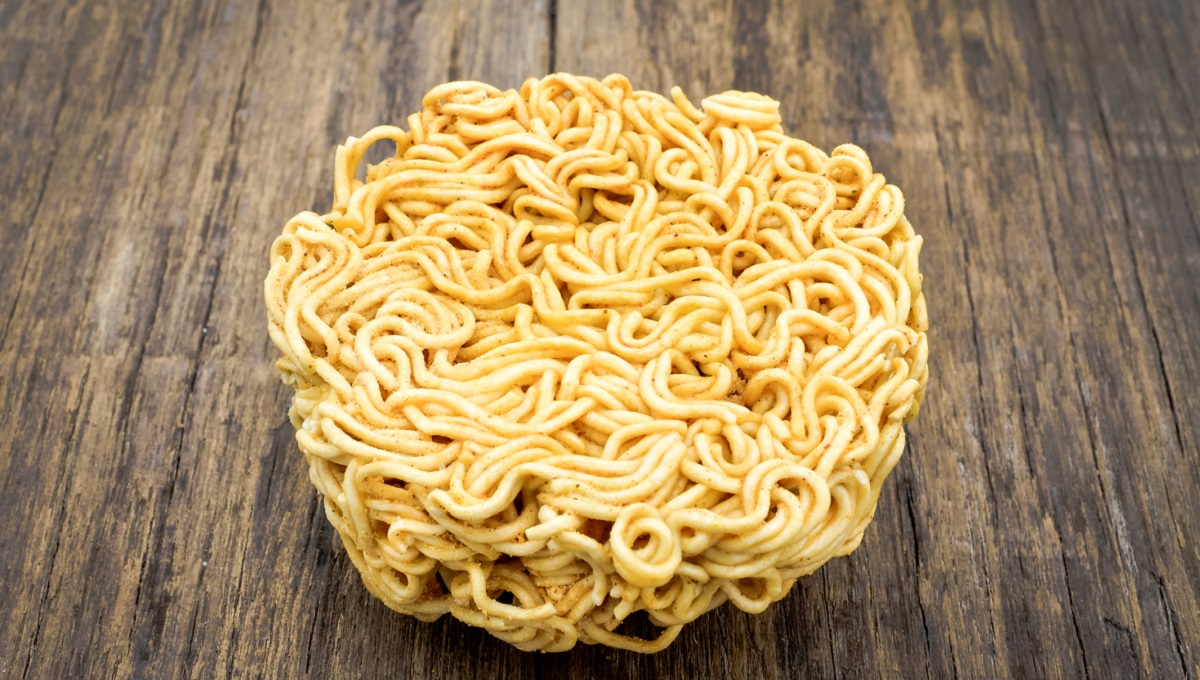Ramen noodles have become a staple in households worldwide, but recently, concerns have emerged about potential recalls. If you're wondering, "Is there a recall on ramen noodles?" you're not alone. This question has sparked widespread interest and concern among consumers.
As one of the most popular instant food products, ramen noodles are consumed by millions daily. Their affordability, convenience, and flavor variety make them an attractive option for busy lifestyles. However, understanding the safety of the products we consume is essential to protect our health.
In this comprehensive guide, we will explore the current status of ramen noodle recalls, the reasons behind potential recalls, and steps you can take to ensure the safety of the products you purchase. Whether you're a regular consumer or simply curious, this article will provide all the information you need.
Read also:Hd Hub 4u Com Your Ultimate Guide To Streaming Movies Online
Table of Contents
- History of Ramen Noodle Recalls
- Current Recall Status
- Reasons for Ramen Noodle Recalls
- Brands Affected by Recalls
- How to Check for Ramen Noodle Recalls
- Precautionary Measures for Consumers
- Health Implications of Consuming Recalled Products
- Role of Regulatory Bodies in Food Safety
- Consumer Responsibilities in Ensuring Food Safety
- Conclusion and Call to Action
History of Ramen Noodle Recalls
Ramen noodles have faced recalls in the past due to various reasons. For instance, in 2019, a major manufacturer issued a recall after discovering foreign objects in some packages. These recalls serve as reminders of the importance of stringent quality control measures in food production.
Past Recall Incidents
- 2015: Contamination with plastic particles
- 2017: Presence of metal fragments
- 2019: Incorrect labeling of allergens
Each of these incidents highlights the potential risks associated with food production and the necessity for regular monitoring and testing.
Current Recall Status
As of the latest updates, there is no widespread recall on ramen noodles. However, it's always wise to stay informed about specific brands and batches that may be affected. Regularly checking official announcements from manufacturers and regulatory bodies can help you stay updated.
For the most accurate information, refer to the FDA's website or the equivalent authority in your country.
Reasons for Ramen Noodle Recalls
Ramen noodle recalls can occur for several reasons, including:
- Contamination: The presence of foreign objects such as plastic, metal, or glass.
- Allergen Mislabeling: Failure to disclose allergens like wheat, soy, or MSG.
- Microbial Contamination: Presence of harmful bacteria such as Salmonella or E. coli.
- Packaging Defects: Issues with packaging that may compromise product safety.
Understanding these reasons can help consumers make informed decisions about the products they purchase.
Read also:Unlocking The Mystery Of Buscar Kid Video A Comprehensive Guide
Brands Affected by Recalls
Several popular ramen noodle brands have faced recalls in the past. While not all brands are affected, it's crucial to be aware of the specific products involved. Below are some of the brands that have had recalls:
- Nissin
- Maruchan
- Paldo
Keep in mind that not all products from these brands are affected, so always check the specific batch numbers and expiration dates.
How to Check for Ramen Noodle Recalls
Steps to Verify Recall Information
Here are some steps you can take to check for ramen noodle recalls:
- Visit the official website of the manufacturer for updates.
- Check the website of regulatory bodies like the FDA or USDA.
- Sign up for recall alerts via email or text messages.
- Look for product-specific batch numbers and expiration dates.
By following these steps, you can ensure that the ramen noodles you purchase are safe for consumption.
Precautionary Measures for Consumers
To protect yourself from consuming potentially unsafe products, consider the following precautions:
- Inspect packaging for signs of tampering or damage.
- Read labels carefully for allergen information.
- Store products in appropriate conditions to maintain freshness.
- Dispose of any recalled products immediately.
These simple measures can significantly reduce the risk of consuming unsafe food.
Health Implications of Consuming Recalled Products
Consuming recalled ramen noodles can lead to various health issues, depending on the reason for the recall. For example:
- Foreign Object Contamination: May cause choking or injury.
- Allergen Exposure: Can trigger severe allergic reactions in sensitive individuals.
- Microbial Infections: May result in foodborne illnesses such as Salmonellosis or E. coli infections.
If you suspect you've consumed a recalled product, seek medical attention immediately and report the incident to the manufacturer or regulatory body.
Role of Regulatory Bodies in Food Safety
Regulatory bodies such as the FDA, USDA, and EFSA play a crucial role in ensuring food safety. These organizations are responsible for:
- Setting safety standards for food production.
- Monitoring and inspecting food manufacturing facilities.
- Investigating and addressing food safety violations.
- Communicating recall information to the public.
By working closely with manufacturers and consumers, these bodies help maintain a safe and healthy food supply.
Consumer Responsibilities in Ensuring Food Safety
As consumers, we also have a responsibility to ensure the safety of the food we consume. This includes:
- Staying informed about recalls and food safety alerts.
- Following proper food storage and preparation guidelines.
- Reporting any suspected food safety issues to the appropriate authorities.
By taking an active role in food safety, we contribute to a safer food environment for everyone.
Conclusion and Call to Action
In conclusion, while there is currently no widespread recall on ramen noodles, it's essential to remain vigilant about food safety. Understanding the reasons behind recalls, staying informed about specific brands and batches, and taking precautionary measures can help protect you and your loved ones from potential risks.
We encourage you to share this article with others and leave a comment below if you have any questions or additional insights. Together, we can promote a safer and healthier food culture. For more informative articles on food safety and related topics, explore our website further.


